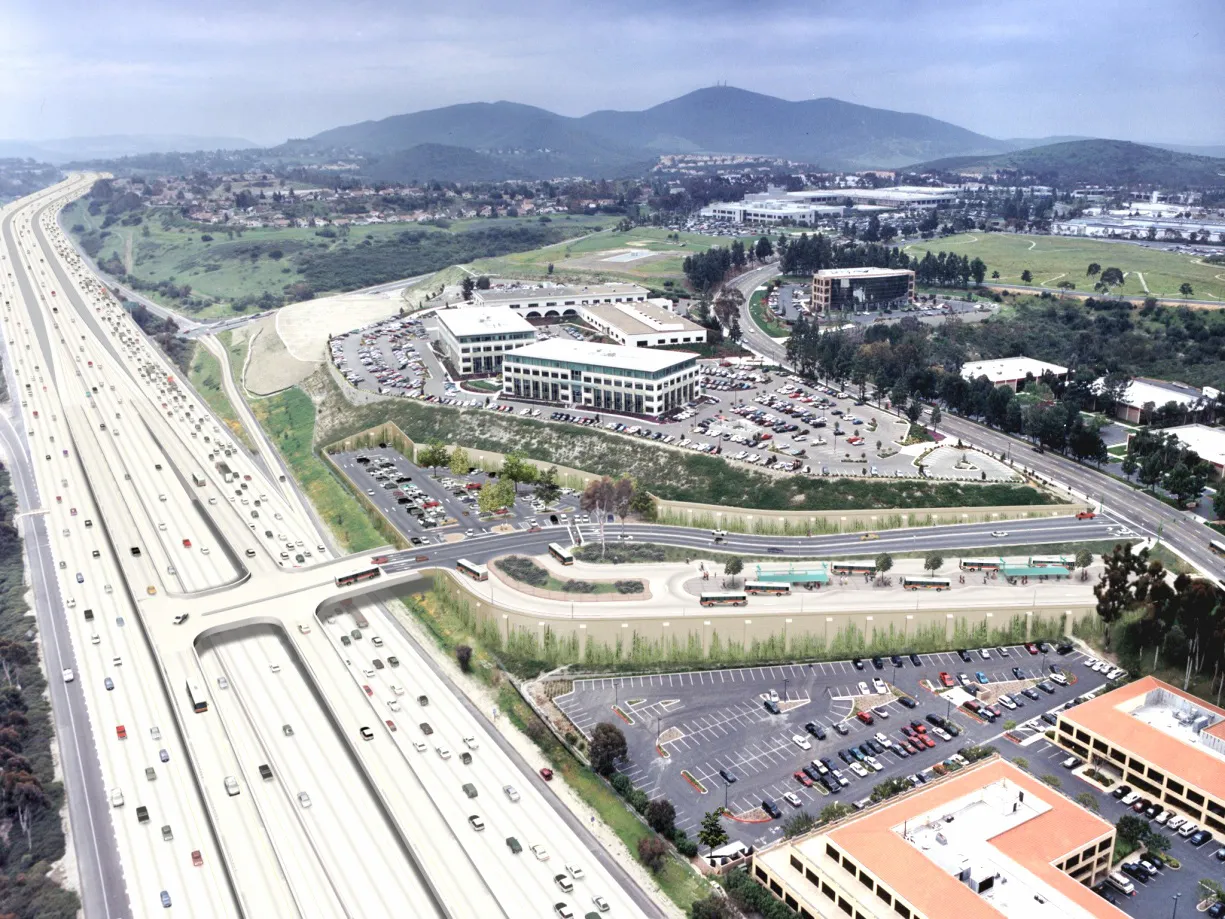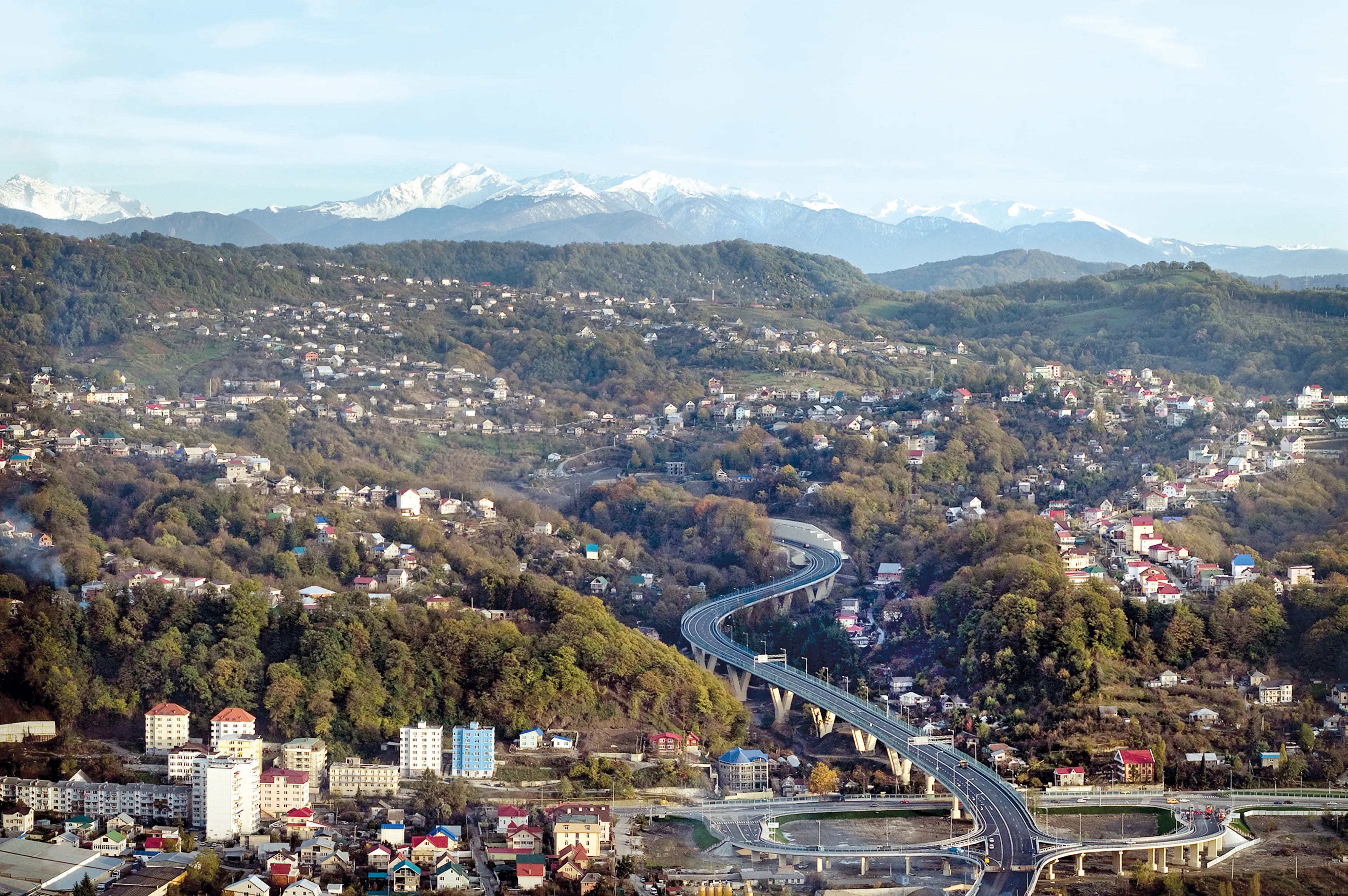A new proposal for congestion charging in Los Angeles has been put forward as a possible solution to the city’s traffic woes. The CEO of the Los Angeles Metro system has suggested that a congestion charge for drivers could be used to allow riders to use the city’s transit system for free. Under the proposed scheme, drivers would be charged for entering certain districts of the city at peak travel periods. The proposal has been put forward as a way of smoothing out transport ahead of the 2028 Olympic Games.
As anyone who has driven across Los Angeles during the rush hour can attest, its traffic delays can be a tedious burden. Jams are frequent and even comparatively short journeys can take a long time. Los Angeles is amongst the top 10 most traffic congested cities in the world according to research, the only city in a developed nation to have such a dubious accolade.
However, whether the city’s drivers will prove keen remains to be seen.
Congestion charging proposal for Los Angeles
A new proposal for congestion charging in Los Angeles has been put forward as a possible solution to the city’s traffic woes. The CEO of the Los Angeles Metro system has suggested that a congestion charge for drivers could be used to allow riders to use the city’s transit system for free. Under the proposed scheme, drivers would be charged for entering certain districts of the city at peak travel periods. The proposal has been put forward as a way of smoothing out transport ahead of the 2028 Olympic Games.
January 21, 2019
Read time: 2 mins









